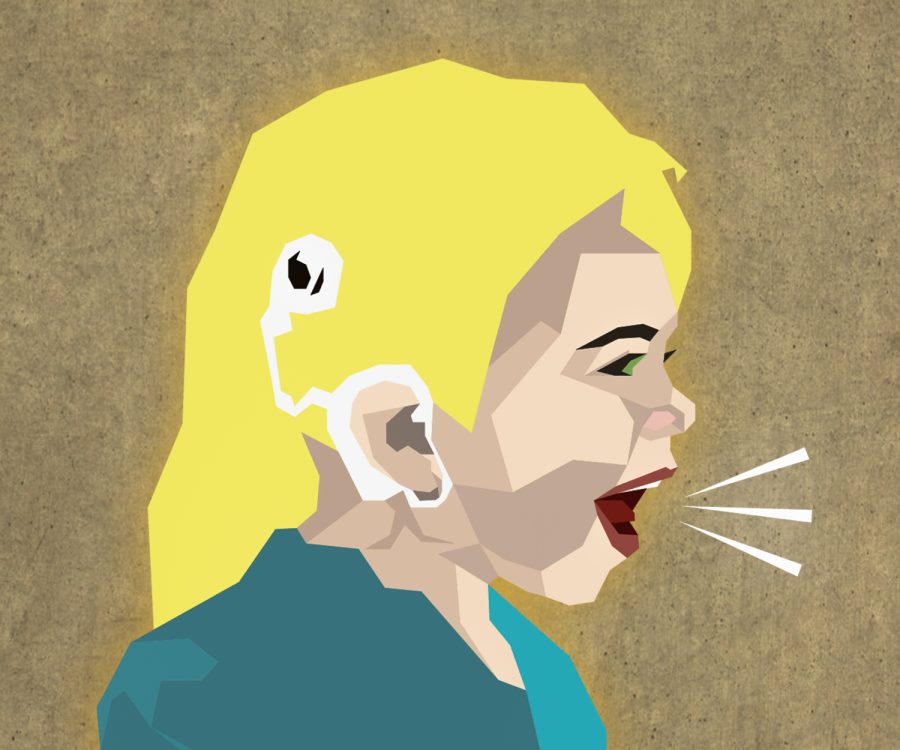American Sign Language Duet: The change starts with us – educate, listen, empower
There is more than one type of discrimination, audism against the Deaf community effect many individuals
Audism is the discrimination or prejudice against Deaf/deaf people.
March 10, 2022
Discrimination happens all around us. Most of the time, we are unaware of unjust or prejudiced treatments because we do not personally experience them, but it still exists.
Many of you are familiar with discrimination based on race, age and sex, but there are other types of discrimination. One is audism.
In his 1975 doctoral dissertation, Tom L. Humphries coined the term audism: the belief that one is superior to another based on their ability to hear or act in a manner consistent with someone who can hear.
“[Audism manifests] in the form of people who continually judge deaf people’s intelligence and success on the basis of their ability in the language of the hearing culture,” Humphries wrote in his doctoral dissertation.
The term did not gain traction until Harlan Lane, American psychologist and speech researcher, used the concept in his 1992 book, “Mask of Benevolence: Disabling the Deaf Community.” In addition to Humphries, who applied audism to individual attitudes and behaviors, Lane extended the term to also encompass the oppression of deaf people.
“Audism is the hearing way of dominating, restructuring and exercising authority over the Deaf community,” Lane wrote.
Melissa Ratsch, teaching associate professor for the Department of Speech & Hearing Sciences, has a Deaf sister who experiences audism. In an email, she wrote that sometimes interpreters were not provided at an appointment and braille menus were not given at restaurants.
In addition to her sister’s experiences, Ratsch also mentioned several other audism-related instances affecting the Deaf community.
For example, at the Super Bowl, there was a Deaf interpreter signing the “National Anthem” and “America the Beautiful” who was hardly shown on the television, Ratsch wrote. There were even two Deaf rappers during half-time who were not shown at all.
Besides doctors’ offices and football games, audism still occurs.
Mia Murphy, sophomore business marketing major, is the daughter of a Deaf mother who has difficulty obtaining employment since she is mute.
“When [my mother] was applying for a couple of jobs, they wouldn’t accept her because of her deafness,” Murphy said. “They didn’t think she would be the right fit, even though she had all of the qualifications.”
The hearing population does not experience this type of employment discrimination. In fact, Deaf schools sometimes hire hearing teachers even when they do not know how to sign, Ratsch wrote.
With nearly 10 million people who are hard of hearing and one million who are functionally deaf, fewer than one in 20 Americans are a part of this community, according to the Survey of Income and Program Participation.
To reduce audism in our society, we need to start with education and a conversation.
“There needs to be more discussion on Deaf culture in schools,” Ratsch wrote. “Maybe have trainings in the workplace about how to interact with those who are Deaf.”
Please, be mindful of your actions and educate yourself on the Deaf community and culture to become part of the change.










